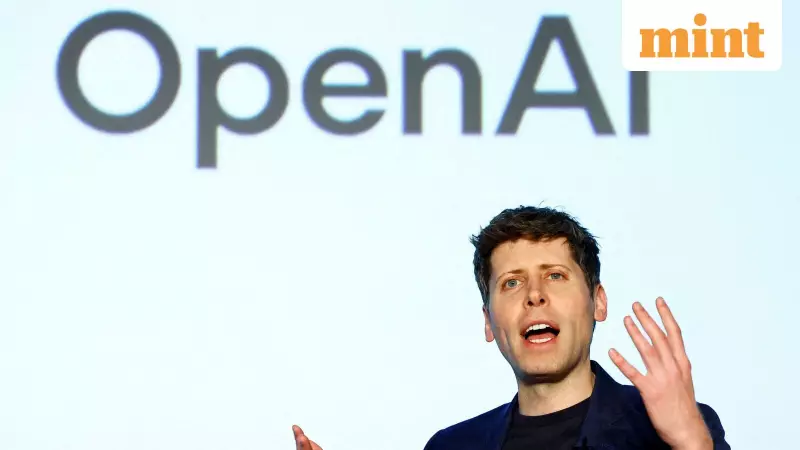
In a bold move that could reshape the global artificial intelligence landscape, OpenAI is actively courting the United States government to support its ambitious plans for massive AI infrastructure investments. The company, led by CEO Sam Altman, is seeking federal backing to overcome critical bottlenecks in energy supply and semiconductor chips that threaten to slow down the AI revolution.
The Trillion-Dollar AI Vision
OpenAI's leadership has revealed staggering investment requirements for advancing artificial intelligence capabilities. According to recent discussions, the company estimates that the AI industry will need between $1 trillion and $5 trillion in funding to achieve its full potential. This unprecedented scale of investment highlights the massive computational and energy demands of next-generation AI systems.
Energy and Chip Constraints
The primary challenges facing AI development aren't just financial. Sam Altman has identified two critical bottlenecks:
- Energy Supply: Advanced AI models require enormous amounts of electricity for training and operation
- Semiconductor Shortage: There's a global scarcity of high-performance AI chips needed to power these systems
Government Partnership Strategy
Rather than relying solely on private investment, OpenAI believes that government collaboration is essential for several key reasons:
- Accelerating regulatory approvals for energy projects
- Facilitating large-scale infrastructure development
- Ensuring US leadership in the global AI competition
- Addressing national security concerns around AI development
Global AI Race Intensifies
This push for government support comes amid growing competition between the United States and other nations, particularly China, in artificial intelligence development. OpenAI's initiative represents a strategic effort to maintain American technological supremacy while addressing the practical constraints that could hinder progress.
The company's engagement with US officials signals a recognition that the scale of AI advancement has outgrown what private industry can accomplish alone, requiring coordinated national effort and substantial public-private partnership.






